In a groundbreaking achievement, scientists have successfully completed the decoding of the entire human genome, marking a significant milestone in the field of genetics. The Human Genome Sequencing Project, which began in 1990, aimed to unravel the complex blueprint of human life contained within our DNA. After years of dedicated research and technological advancements, this major breakthrough has opened up a world of possibilities for healthcare, medicine, and our understanding of human biology.
Decoding the Human Genome:
The human genome is a vast collection of genetic information, consisting of approximately 3 billion base pairs that make up our DNA. This genetic code holds the instructions for the development, functioning, and potential vulnerabilities of the human body. By deciphering this intricate code, scientists gain valuable insights into various aspects of human health and well-being.
"Some of the genes that make us uniquely human were actually in this 'dark matter of the genome' and they were totally missed," said Evan Eichler, a prominent researcher who participated in the current effort and the original Human Genome Project.
Implications and Applications:
1. Advancing Medicine and Healthcare: The decoding of the human genome opens up new avenues for precision medicine and personalized healthcare. With a deeper understanding of our genetic makeup, healthcare professionals can tailor treatment plans to individual patients, ensuring more accurate diagnoses and targeted therapies.
2. Disease Prevention and Management: The knowledge gained from the human genome project enables scientists to identify genetic variations and mutations that predispose individuals to certain diseases. This information is crucial for early detection, prevention, and management of various genetic disorders, including cancer, cardiovascular diseases, and rare genetic conditions.
- Drug Development and Pharmacogenomics: The human genome project provides valuable insights into how our bodies metabolize and respond to medications. This knowledge is vital for developing targeted therapies and optimizing drug selection and dosage through pharmacogenomic approaches. With personalized medicine becoming a reality, patients can benefit from more effective and safer treatments.
4. Understanding Human Evolution and Biology: Decoding the human genome allows scientists to trace our genetic history and understand the evolutionary journey of the human species. By comparing genetic variations among populations, researchers can unravel the complex interplay between genetics, environment, and human biology, shedding light on the origins and diversity of humanity.
In conclusion, The completion of the Human Genome Sequencing Project signifies a major breakthrough in scientific research and our understanding of human biology. This extraordinary achievement opens up a new era of possibilities for personalized medicine, disease prevention, and our overall comprehension of the complexities of human life. As scientists continue to delve deeper into the intricacies of the human genome, we can expect further advancements that will revolutionize healthcare and improve the well-being of people worldwide
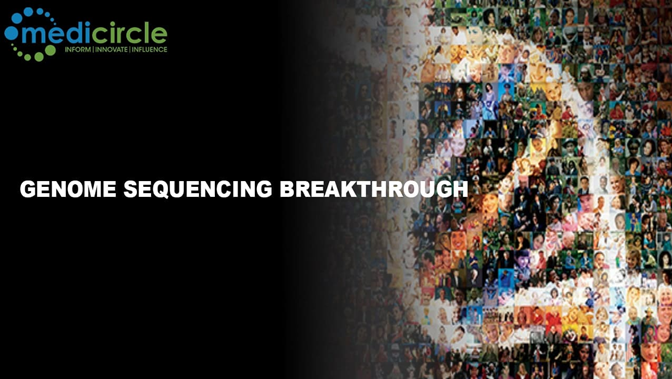
 The successful completion of the Human Genome Sequencing Project stands as a remarkable feat in the scientific community, representing years of global collaborative efforts. This achievement not only entailed decoding the human genome but also involved creating advanced technology and computational tools to analyze the vast amount of genetic data involved.
The successful completion of the Human Genome Sequencing Project stands as a remarkable feat in the scientific community, representing years of global collaborative efforts. This achievement not only entailed decoding the human genome but also involved creating advanced technology and computational tools to analyze the vast amount of genetic data involved.




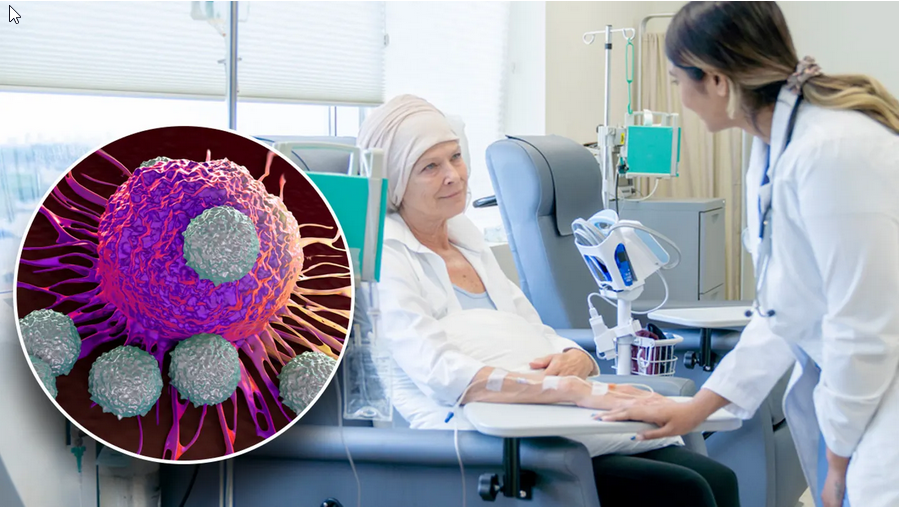



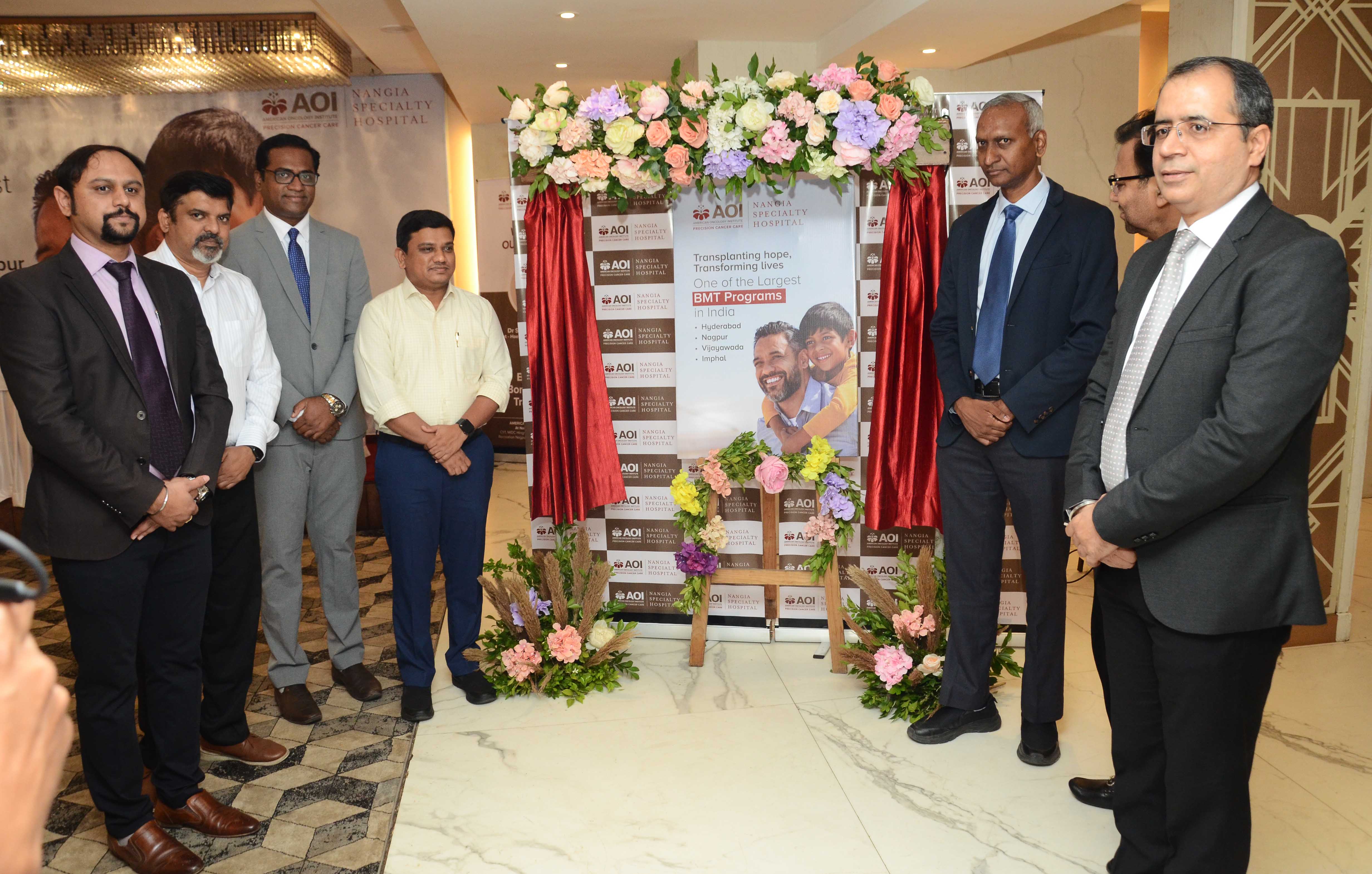
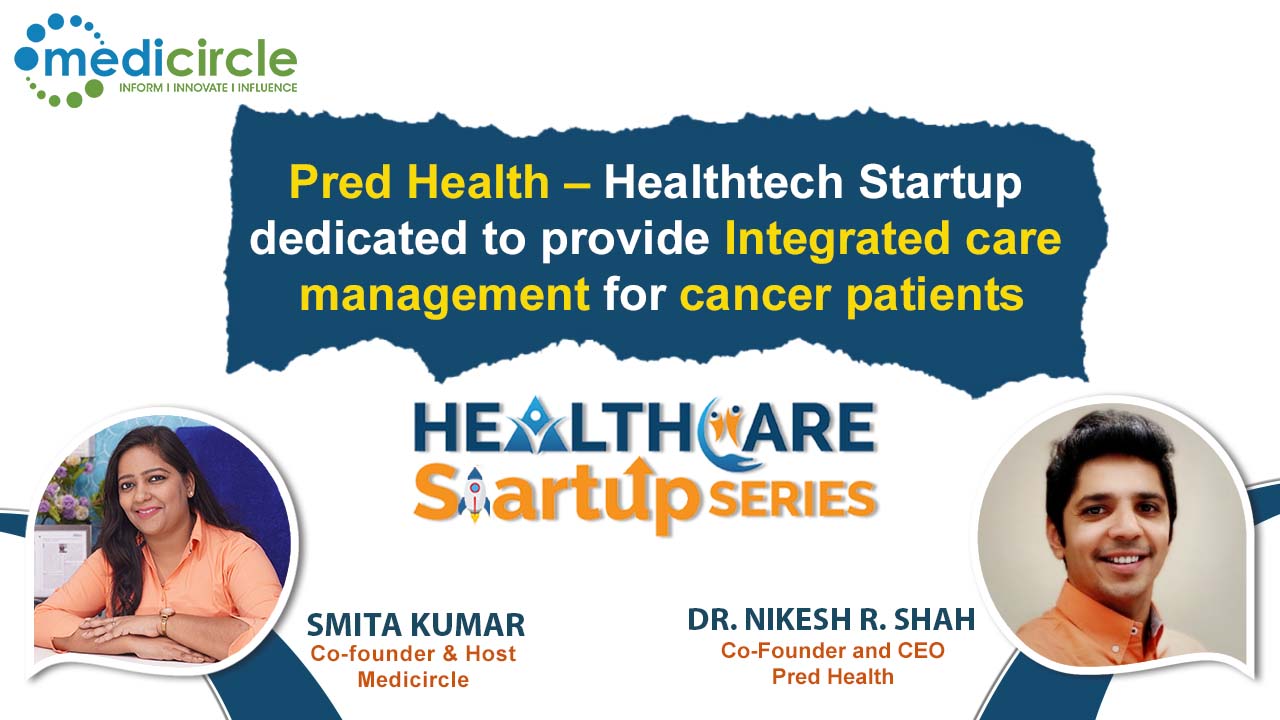
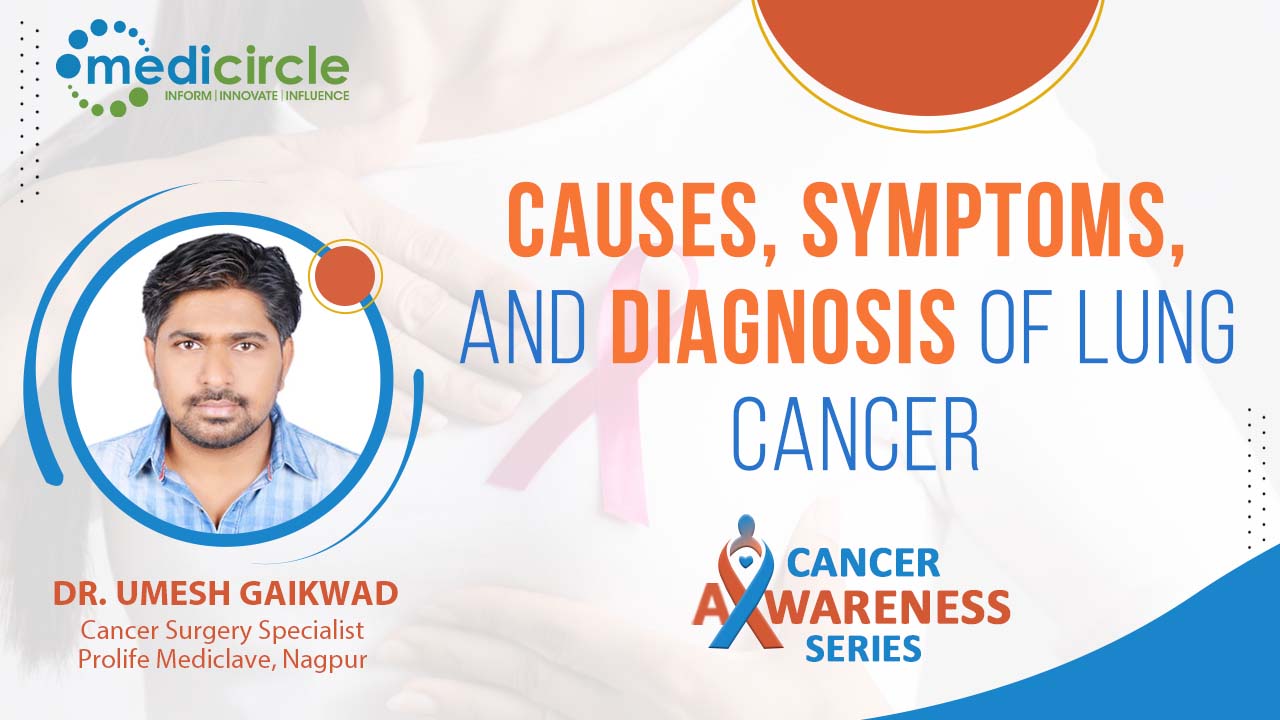
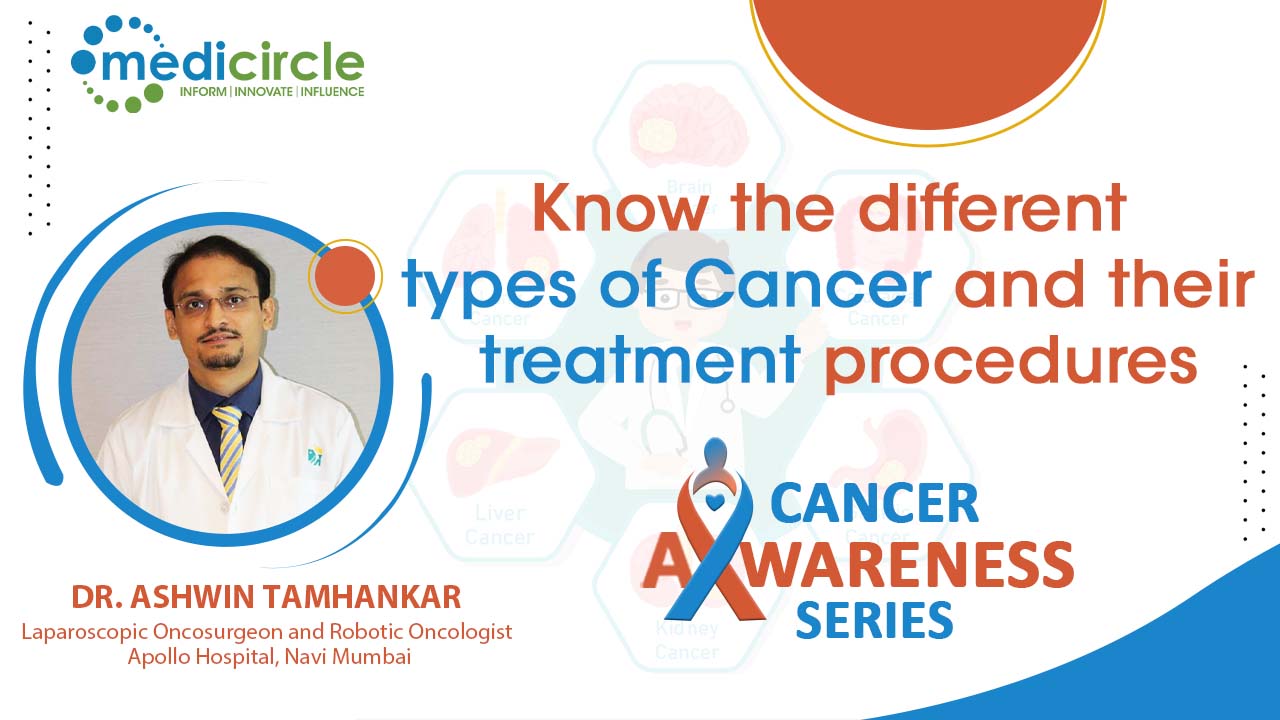
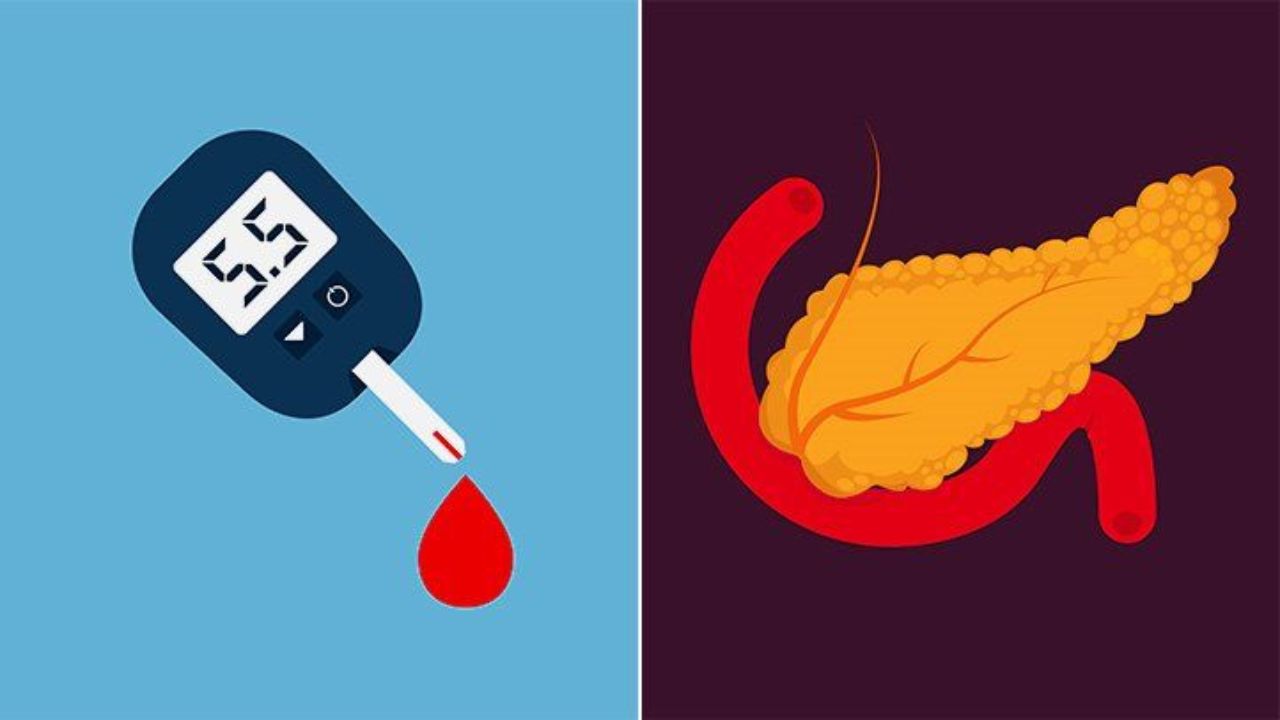
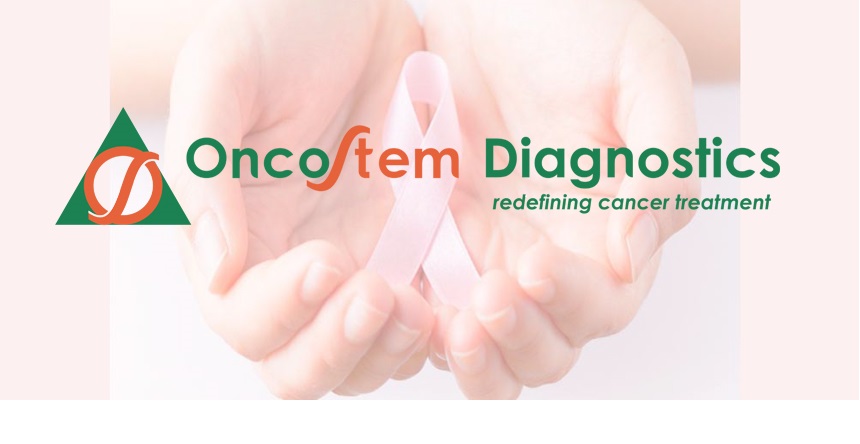





.jpeg)

.jpeg)










.jpg)




.jpg)

